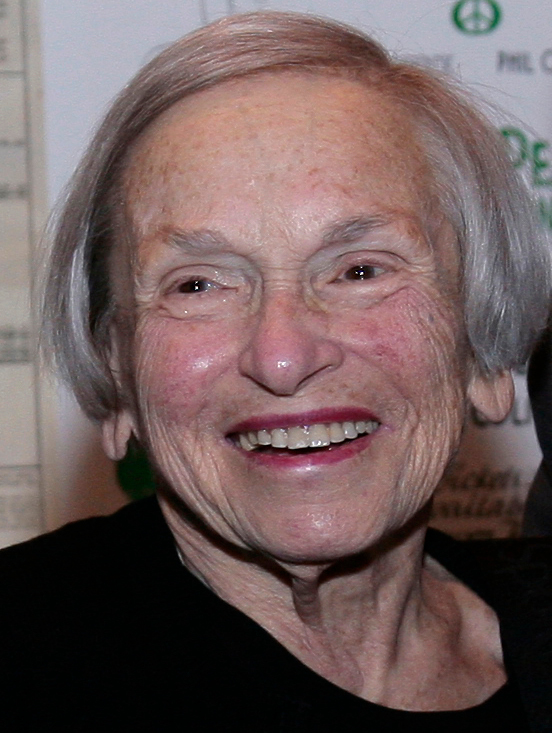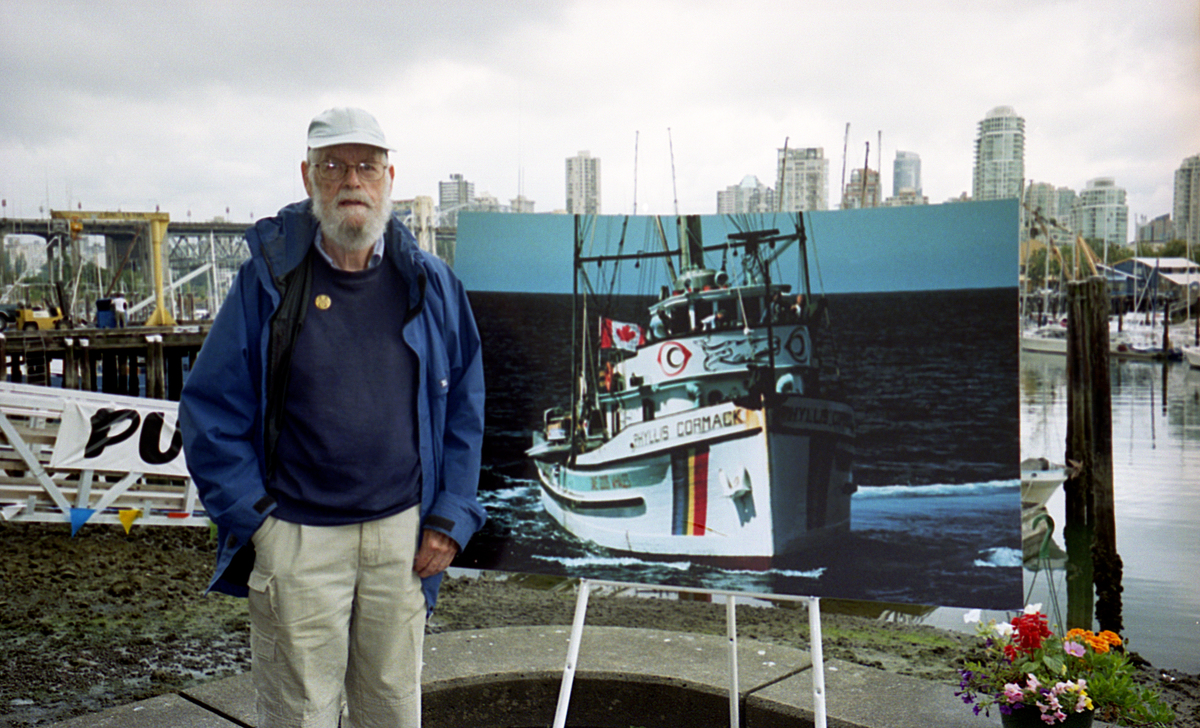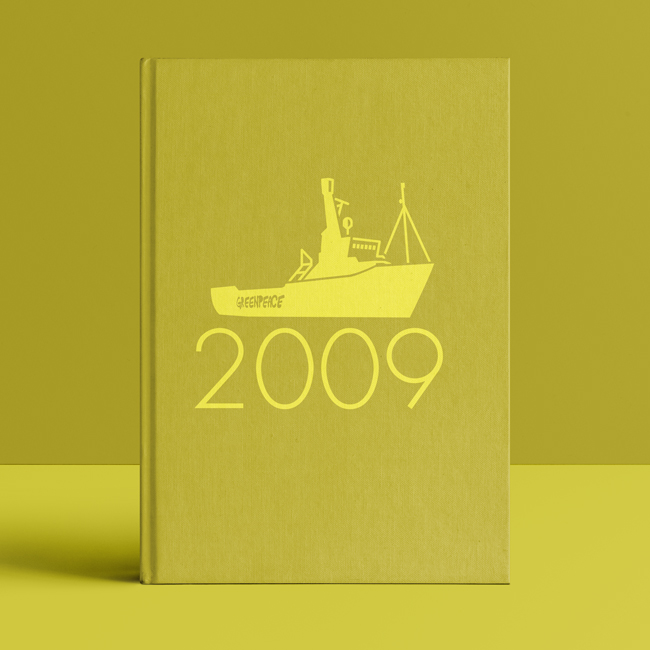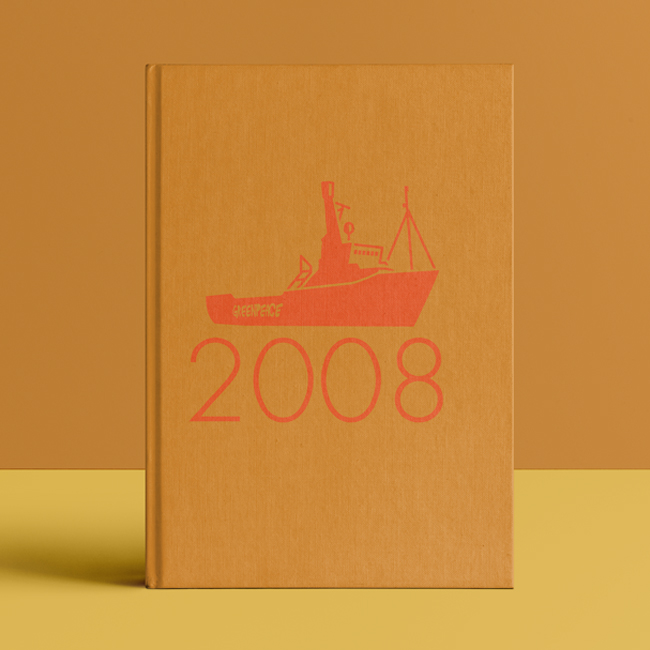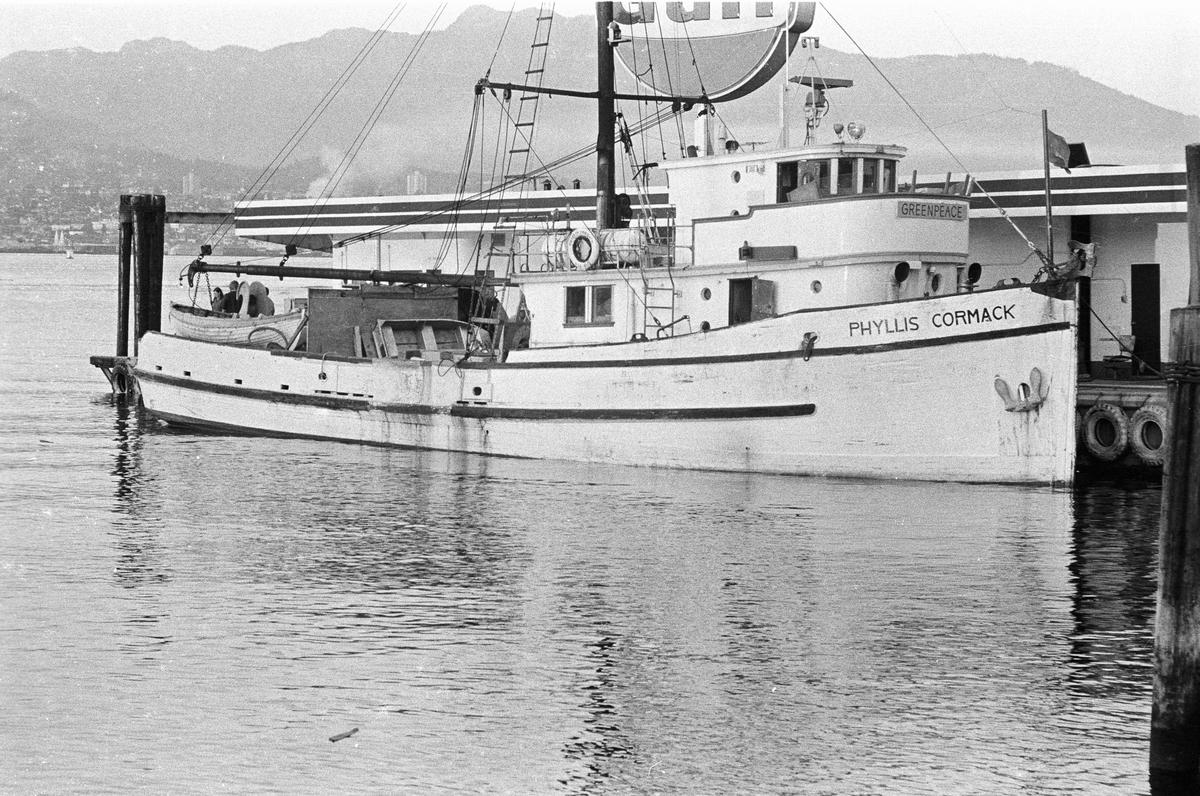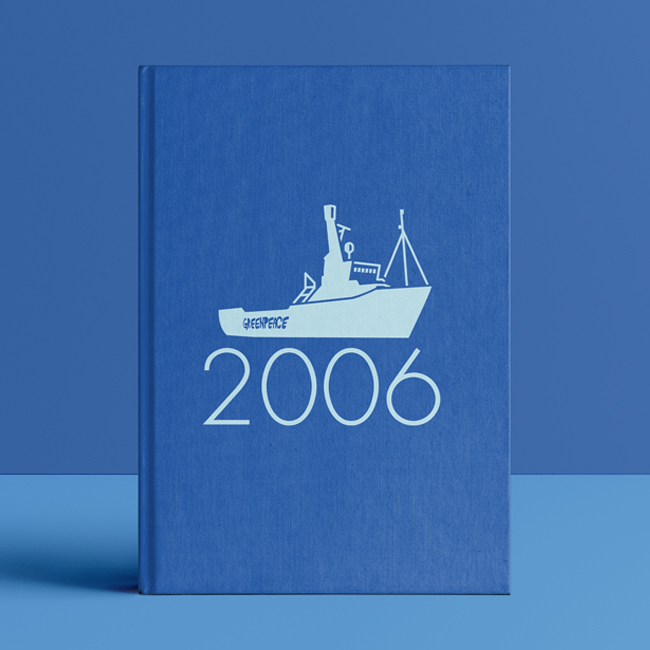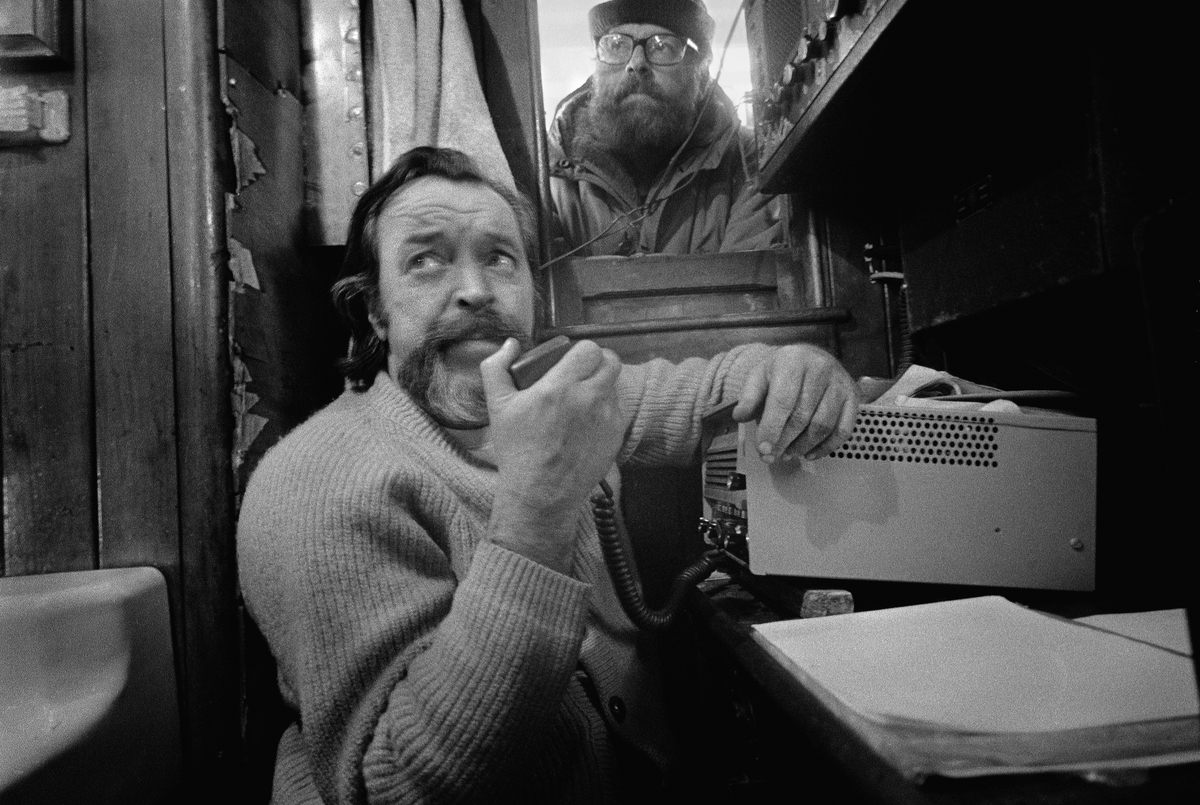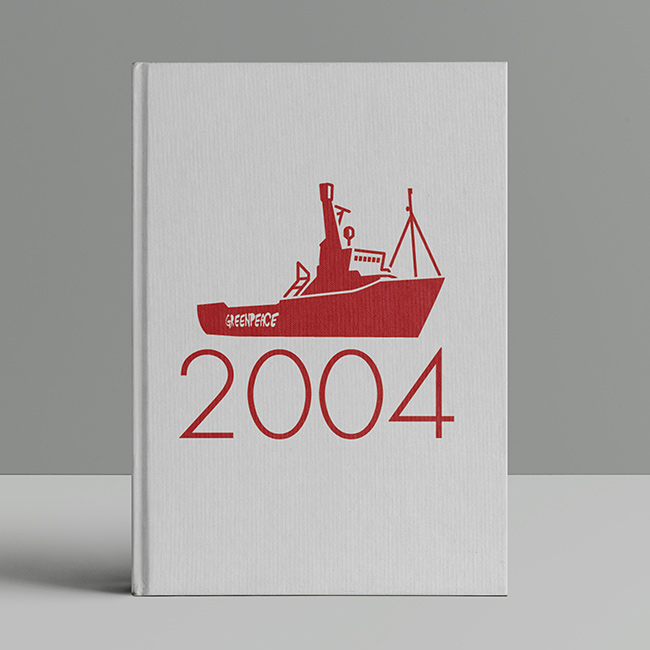News & Stories
Filtered results
-
Dorothy Stowe 1920 – 2010
The most fitting memorial for Dorothy Stowe is that we all get up each morning and go back to work in the service of peace, justice, and the living Earth.
-
Jim Bohlen 1926 – 2010
The morning Jim and Marie told the Vancouver Sun they would be taking a boat to Amchitka was, arguably, the moment that Greenpeace was born.
-
Annual report 2009
December 2009 – the UN’s Climate Change Conference in Copenhagen, where the talks were meant to avert catastrophic climate change.
-
Annual report 2008
Throughout 2008, Greenpeace worked not only to highlight the threats of climate change, but also on showcasing the opportunities and solutions that tackling climate change can bring.
-
Annual report 2007
Upon winning the 2007 Nobel Peace Prize, Al Gore said that he could notunderstand why young people were not chaining themselves to coal-firedpower stations. They are…and so are we.
-
A chat with the first Rainbow Warriors
Greenpeace pioneers gathered to mark the 25-year anniversary of the first voyage.
-
Annual report 2006
Inconvenient truths and unlikely allies combined in 2006 to make it a notable year for Greenpeace and the environment.
-
Amchitka: the founding voyage
In 1971, a small group of activists set sail to the Amchitka island off Alaska to try and stop a US nuclear weapons test.
-
Annual report 2005
2005 was a milestone for the planet -the year that the Kyoto Protocol finally became law. It took a long time to get here.
-
Annual report 2004
Environmental crimes happen daily with no government, court, police or authority to turn to. We cannot rely on governments, alone, to act and make change.

